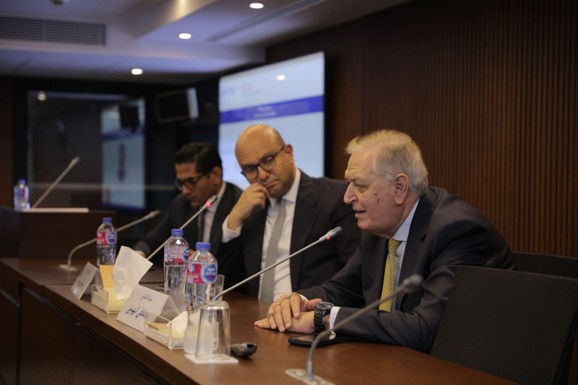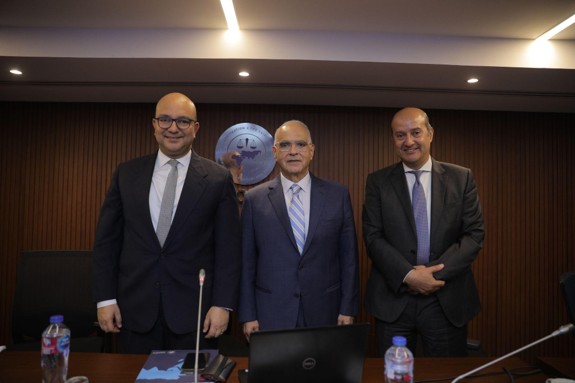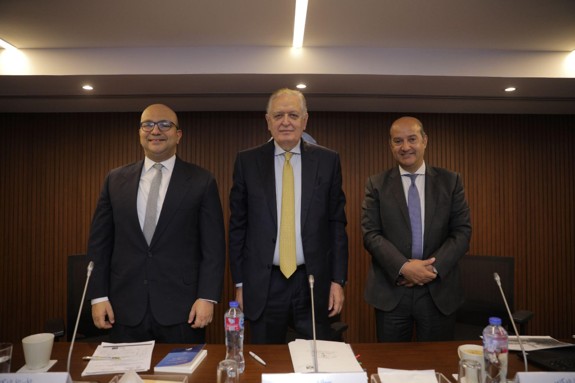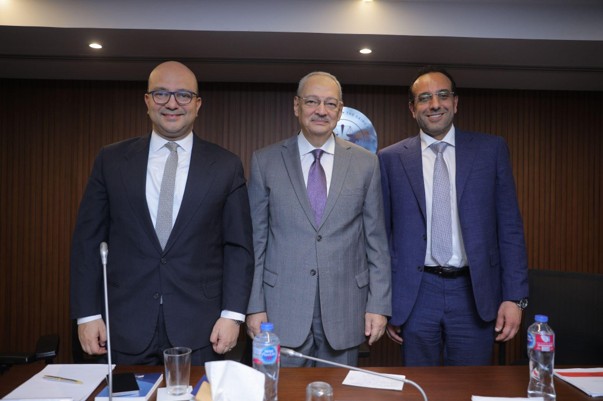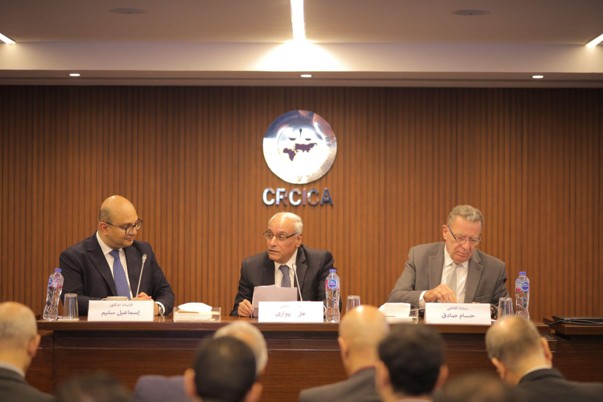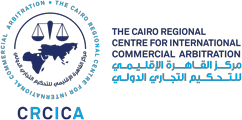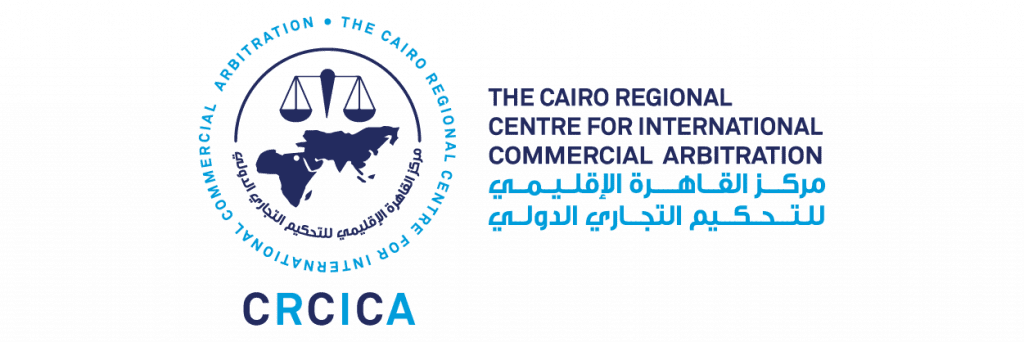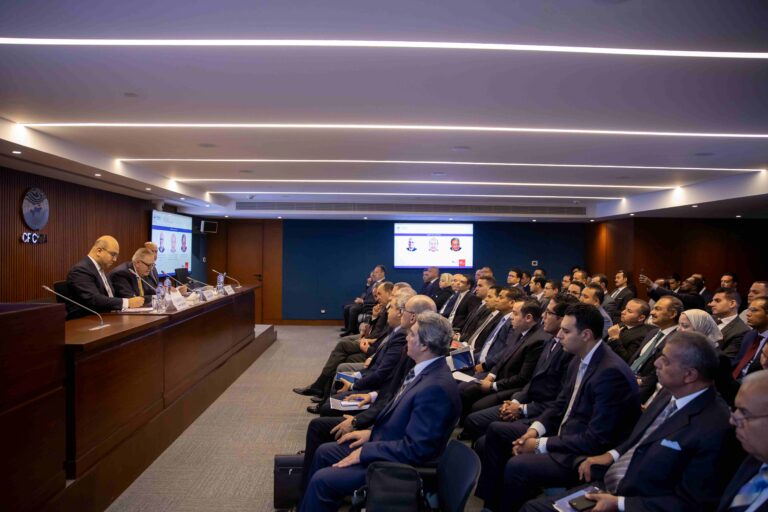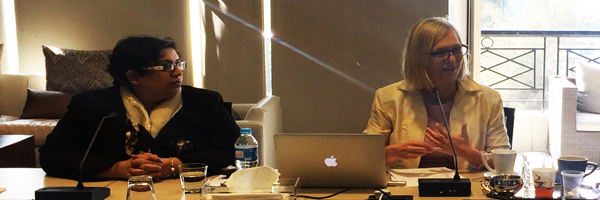Saturday, 21 June 2025, the Cairo Regional Centre for International Commercial Arbitration (CRCICA), in cooperation with the International Council for Commercial Arbitration (ICCA) and under the auspices of the Egyptian Ministry of Justice, organized a high-level New York Convention Roadshow on the Recognition and Enforcement of Foreign Arbitral Awards. The event was held at CRCICA’s headquarters in Cairo and marked a significant milestone in regional judicial engagement with international arbitration standards. The travel and accommodation of several foreign judges were generously sponsored by Gaillard Banifatemi Shelbaya Disputes (GBS Disputes), while Youssef + Partners graciously sponsored the luncheon—reflecting their ongoing support for the arbitration community in Egypt and the wider region.
This distinguished workshop brought together a total of sixty-eight judges, including sixty-six senior Egyptian judges, nominated by their respective judicial authorities, and two distinguished judicial guests from Somalia. Among the Egyptian judges, eight were women, reflecting a promising representation of female leadership within the judiciary. The participating judges represented a broad range of judicial bodies, including the Court of Cassation, the Supreme Constitutional Court, the Cairo Court of Appeal, the Arbitration and International Cooperation Departments at the Ministry of Justice, as well as various Primary and Economic Courts across Egypt.
The workshop aimed to deepen the understanding and practical application of the 1958 New York Convention, which remains the cornerstone instrument for the global recognition and enforcement of arbitral awards.
The workshop opened with a session chaired by Prof. Dr. Ismail Selim, Director of CRCICA, who welcomed participants and emphasized the vital role of the judiciary in upholding the integrity of international arbitration. He was joined by H.E. Judge Mostafa El Behbeety, Assistant Minister of Justice for Arbitration and International Disputes, who delivered an opening address reaffirming the Ministry’s continued commitment to supporting arbitration in Egypt as a reliable mechanism for dispute resolution. Following this, Prof. Dr. Mohamed Abdel Raouf, Member of ICCA’s Judicial Committee and ICCA’s Judicial Liaison Officer for the Middle East, offered introductory remarks underscoring ICCA’s commitment to judicial training and the importance of regional coherence in interpreting the Convention.
The first working session was led by H.E. Judge Nabil Omran, Vice President of Egypt’s Court of Cassation and Chief Commissioner at the Dubai Court of Cassation. His presentation addressed critical provisions of the Convention, including its scope of application, the recognition of arbitration agreements, judicial referral to arbitration, and the procedural aspects of enforcement. A comparative analysis of Egyptian and Emirati judicial approaches provided attendees with valuable insights, and the session concluded with an interactive Q&A.
The second session turned to national and international judicial practice. H.E. Judge Nabil Sadek, former Vice President of the Court of Cassation and former Public Prosecutor of Egypt, presented a detailed overview of recent Egyptian jurisprudence interpreting Article III of the Convention. This was followed by a presentation by Mr. Mohamed Shelbaya, Founding Partner at GBS Disputes (Paris), who discussed recent French court decisions on the recognition and enforcement of foreign arbitral awards. The session revealed important comparative developments and was enriched by an open dialogue with participants.
An additional highlight of the day was the intervention of H.E. Judge Mostafa El Behbeety, who presented the Ministry of Justice’s proposed amendment to Article 3 of the Egyptian Arbitration Law, aiming to further facilitate the enforcement of arbitral awards in Egypt. His intervention emphasized the evolving national framework and the Ministry’s proactive stance in promoting arbitration-friendly legislation.
The third session resumed with a detailed discussion led by Prof. Dr. Mohamed Abdel Raouf. The focus shifted to Article IV and Article V(1) of the Convention, outlining the procedural requirements for award enforcement and the limited grounds on which enforcement may be refused by national courts. Through concrete examples and case references, this session offered practical guidance for judicial application.
The concluding session of the workshop featured a high-level panel discussion bringing together Dr. Ismail Selim, Prof. Dr. Mohamed Abdel Raouf, and Mr. Mohamed Shelbaya, each offering distinct yet complementary perspectives on the evolving legal landscape of arbitration in Egypt and the wider region. This final session was among the most engaging and forward-looking of the day, synthesizing national legal reform with comparative international practice. The session focused on the challenges surrounding arbitrability and public policy, as addressed under Article V(2) of the Convention. The discussion expanded to the Convention’s interaction with regional legal instruments, particularly the Riyadh Arab Agreement, and covered Article VII, which allows for the application of more favourable enforcement regimes under national or treaty law. The session concluded with a rich exchange of judicial perspectives from the floor.
Throughout the session, the panelists enriched the conversation with references to relevant case law, legislative developments, and comparative jurisprudence from various legal systems. The floor then opened to a vibrant exchange with participants, where judges shared reflections from their own jurisdictions, raised questions on the practical challenges they encounter, and offered comparative insights that underscored the importance of continuous regional dialogue.
As the event drew to a close, a spirit of mutual enrichment and professional engagement filled the room. Judges exchanged reflections on national practices, shared perspectives on common interpretative challenges, and expressed appreciation for the opportunity to participate in this vital regional dialogue.
